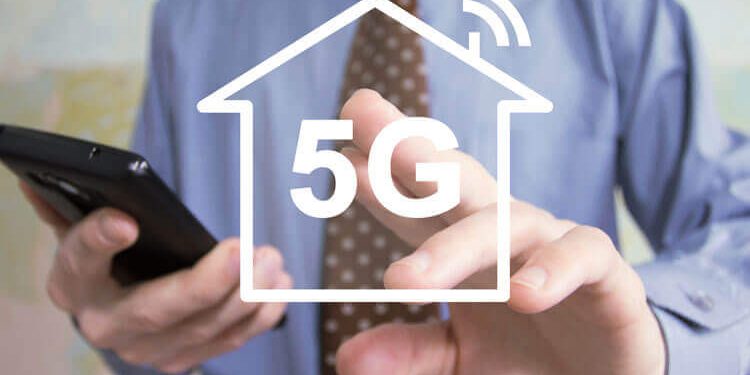After 1G, 2G, 3G, and 4G come the newest global wireless standard of a mobile network called 5G. It is the fifth-generation mobile network that is designed to connect everyone virtually through devices, objects, and machines. It is meant to deliver faster speeds, lower deployment costs, higher bandwidth, fewer latency, massive network capacity, and increased availability to more users. It will result in improved efficiency in user experiences and connect new industries.
5G has already been introduced to most of the US cities. A report stated that 5G mobile networks collectively cover almost 75% of the country. If you are looking to buy a broadband connection that has the speed and reliability to that of 5G, you should check Mediacom internet plans. They offer a wide range of downloading speeds that works for seamless streaming, heavy downloads, and multiplayer lag-free gaming sessions.
5G and Cable Internet
Cable internet is the most common connection, depending on wired infrastructure around your area to bring an internet connection to your devices. If those wires are not placed around your area, the internet service would not be available to you. On the other hand, 5G internet is not a wired connection, rather it is a wireless network that provides broadband service to your home. Instead of wires placed under the ground around your area, there are cell towers through which you would receive a working connection in your devices.
5G – The New ISP In Town?
One of the coolest things about 5G is that it would be extremely beneficial for rural areas and hard-to-reach communities. Instead of having to spend a huge amount of money putting down wires around the area, they would only need to install cell towers. With the help of these cell towers, you will have a smooth 5G wireless internet running the devices in your homes. This will reduce the cost needed to set up a 5G Wi-Fi system.
Latency: In a working internet connection, latency is an important part of many online functions. In a layman’s term, latency is the measure of time it takes for one device to send signals to a server and receive a response. The more time it takes, the more latency there is and vice versa. Latency is when you input something onto a device and the time it takes it to give you an output. So if you are playing a video game, it lags and slows down when the latency is high and when it does not lag, that means the latency is lower and the internet speed is really good. A connection such as 5G will make sure the user has a lower latency rate for browsing the internet.
Wi-Fi and 5G: A Wi-Fi can cover a small area around a source, such as in your home while connected to sources such as cable. 5G internet will be able to encompass the typical Wi-Fi connection by covering a large area at incredible speed. Wireless networks that will power 5G will soon meet the requirements of rural markets and eventually individual homes and giving them the opportunities for a connection that is low in latency and higher in speed. Companies are especially looking forward to a 5G connection for more than just providing cell phone coverage.
Speeds: Although cable internet can provide a speed up to 1gbps in some areas, it really depends on the types of wires being installed to deliver your services. This is why it could be safe to say that with cable internet, many homes are getting less speed than they are accounted for, due to old wires being used underground. With 5G, it depends on the signal traffic in the air. 5G is sure to deliver 1gbps to your homes, but it only depends on the cell towers around your areas; if there are many cell towers present, your internet will run smoothly at all costs, otherwise, you are likely to experience slower speeds.
Pros And Cons Of 5G And Cable Internet
Below the pros and cons of 5G and cable internet have been narrowed down;
Cable Home Internet
- Pro: Widely available since it’s the most common network connection
- Pro and Con: Can reach speeds of 1gbps in some areas, although the speed is limited by the wires used in the area
- Con: Speeds subject to slowing based on network burden
- Con: Not available in rural areas since wiring infrastructure is too expensive
5G Home Internet
- Pro: Low cost and easy to install
- Pro: Faster than other internet connections
- Con: Not widely available yet since it’s still new
- Con: speed might be affected if more customers started adopting the technology
Although 5G is not available everywhere yet, users are still using the cable internet as their network connection. But pretty soon, 5G will take over and redefine what it is like to have a reliable internet connection with smooth streaming, less latency, and faster speeds. If the 5G internet has not come into your homes yet, you need not worry. This network connection is here to stay and will continue to expand all over the country and pretty soon, you will also have them installed in your homes.
Follow Techdee for more informative articles.





